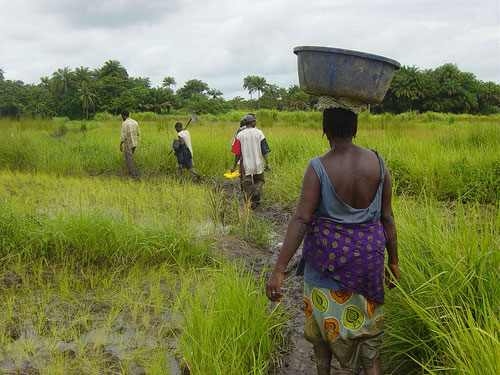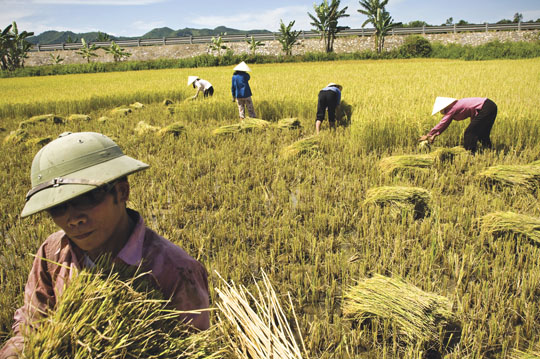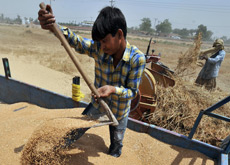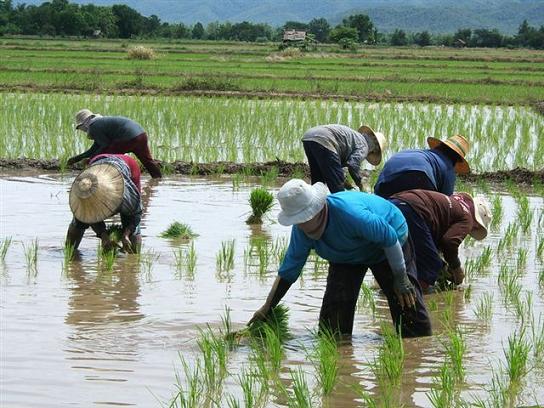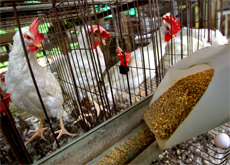Exporting Farmland to Feed Global Demand
- Wall Street Journal
- 11 July 2008
Emerging nations are trying to cash in on the global food crisis by getting big importers of crops to effectively lease their farmlands -- a new trend that is already sparking complaints from farmers in some countries who are concerned about their own food supplies.







